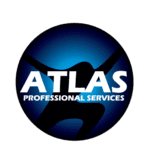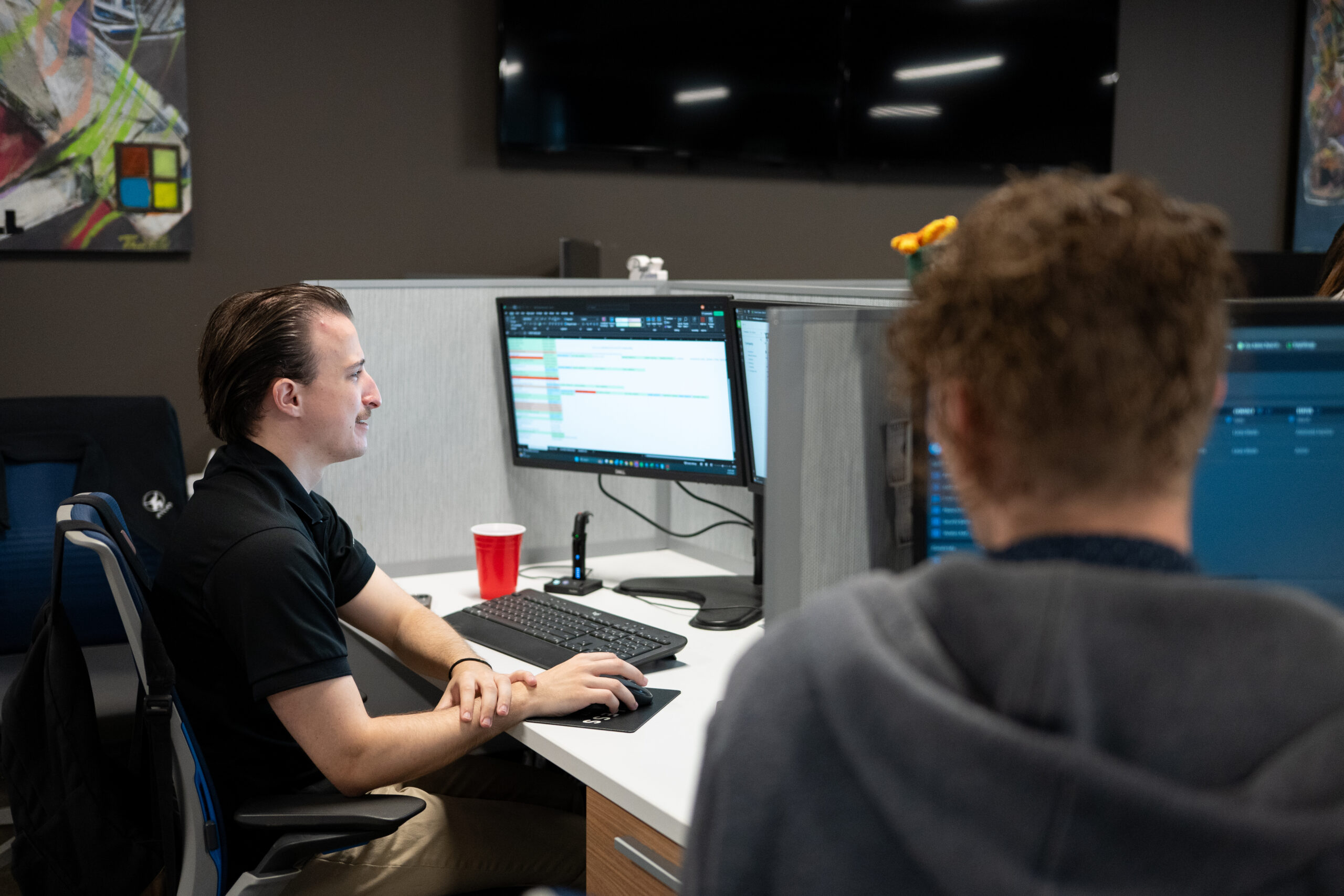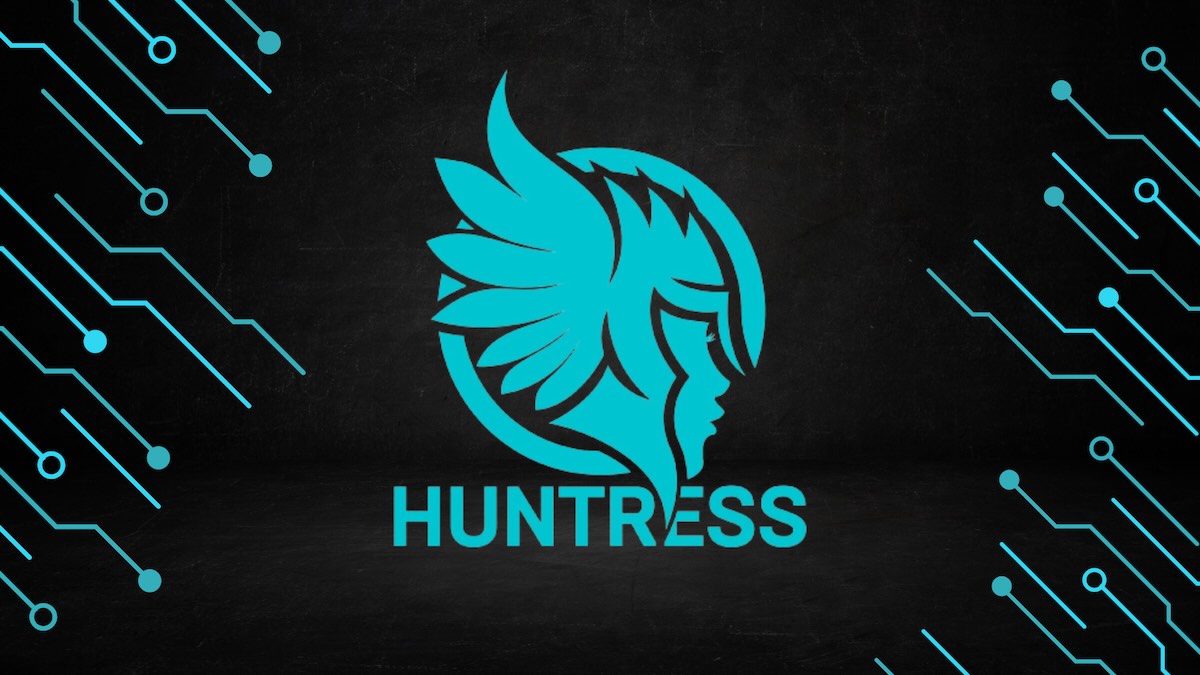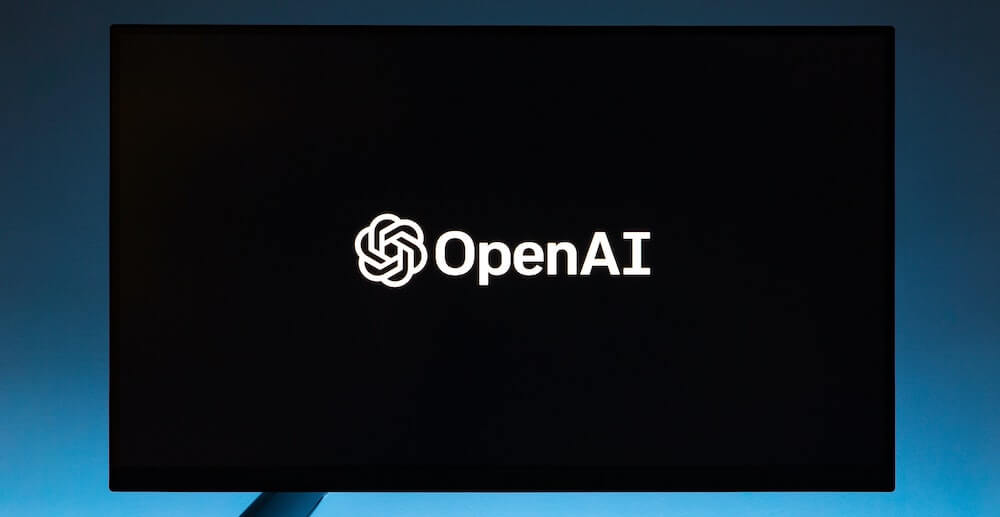5 Things to Consider Before Your Business Upgrades to Windows 11
Windows recently released its newest operating system, Windows 11. This has many individuals and businesses wondering if they should now update their workstations and servers to the newest operating system. Windows 11 has some fun new updates and bells and whistles. However, there are certain hardware requirements and system requirements businesses should consider before updating to any new operating system.
Before you contact your managed IT services provider about upgrading your workstations to Windows 11, there are a few things you should consider.
Questions to Ask
- What are the hardware requirements for Windows 11? Are existing workstations fully compatible to support the new operating system? Or would the business need to purchase new equipment?
- Will your third-party vendors support the new operating system and its system requirements? And will they offer transition services?
- Will your critical business applications work on the new operating system? What about your printers or other paired devices?
- Does your current operating system have blatant deficiencies that the new operating system will solve? Or is it working seamlessly for you and your staff?
- Are the new features relevant to your business? Or are they a gimmick to get you to upgrade?
These are important questions business leaders should ask before upgrading to a new operating system. If the operating system has hardware requirements or system requirements that do not mesh with your current applications and workstations, it’s likely best to wait. Even if your current workstations can support Windows 11, it still may be best to delay the upgrade.
When to Upgrade
At Atlas, we recommend our clients wait at least six months after the launch of a new operating system before upgrading to it. This allows time for Windows to work out any glitches in the system and avoid the headaches that come with those. When you are ready to upgrade, there are a few things you can do to ease the transition.
- Upgrade the operating system on a single workstation to test out the functionality, as well as hardware requirements and system requirements.
- If you have people in key roles, upgrade their workstations one at a time to assess the learning curve for end-users.
- Upgrade computers in waves throughout the year. And, do not upgrade an entire department at the same time. That way your employees can teach each other how to use the operating system.
- If you are an accountant or work in an industry with a busy season, upgrade workstations during the off-season.
If you’re happy with your current operating system, there is no need to immediately upgrade. But be prepared to plan and budget for computer upgrades before Windows 10 reaches end of life on October 14, 2025. At this point, Microsoft will end support for Windows 10. This means Microsoft will no longer provide regular security updates or support for PCs running this operating system.
When this happens, businesses using this operating system will have a much higher risk of exposure to viruses, data loss, computer corruption and cyberattacks. Obviously, these are risks no business can afford to take.
Interested in upgrading to Windows 11? Our managed IT services include migration and deployment of new operating systems, as well as IT consulting to help you make the right decision for your business. If you’d like to request a complimentary consultation with our team, please contact us today.





